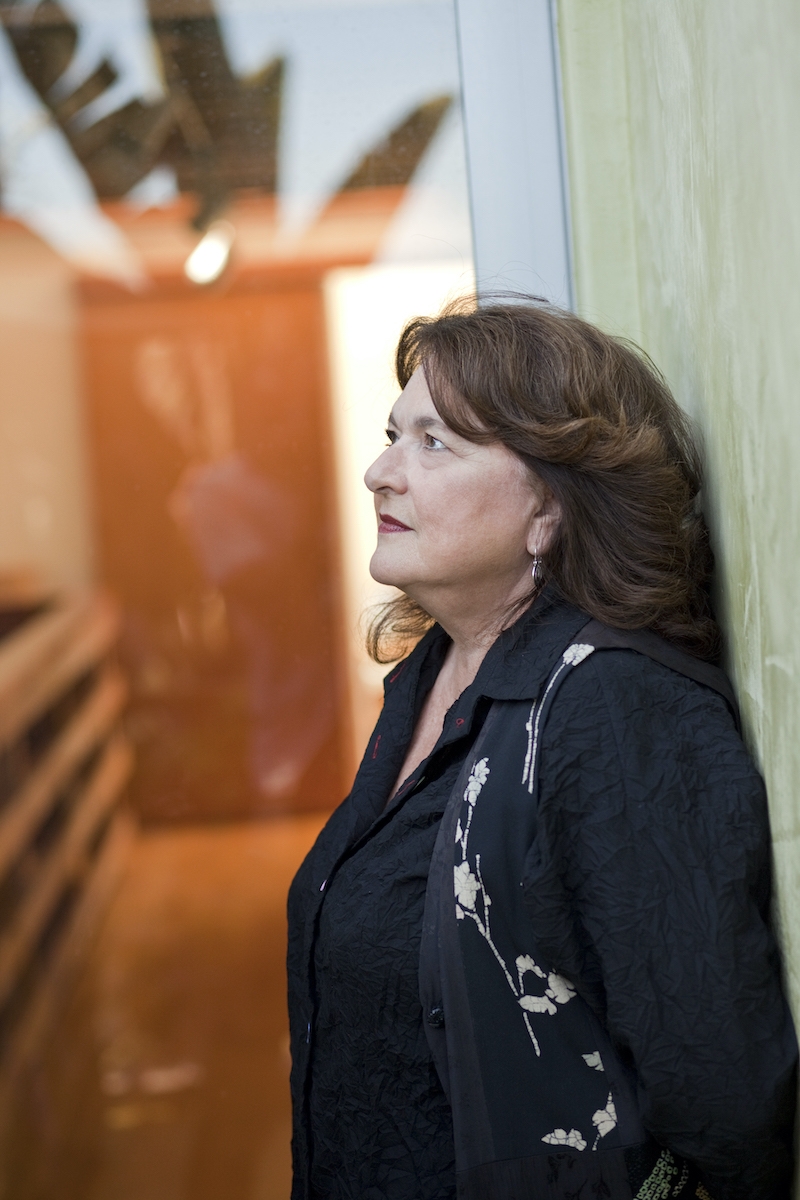Event: The Great Wall of Los Angeles by Judith F. Baca: Looking to the Past and Building the Future
Event Details
A Conversation with Dr. Judith F. Baca on the creation, impact and conservation of the Great Wall of Los Angeles
"Standing at the river’s edge, I saw the concreted arroyos as scars in the land. I dreamed of a “tattoo on the scar where the river once ran,” and an endless narrative that would recover the stories of those who were disappeared along with the river. How could we recover the memory recorded in the land? This began my years of working with more than 400 youth and hundreds of descendants of the original peoples in the Los Angeles River, recovering, through the creation of visual histories, all that had disappeared. Through our ongoing narrative work,The Great Wall of Los Angeles, we are attempting to heal both the river and the people. Currently measuring one half-mile, [and expanding to a full mile] The Great Wall is an evolving chronology of memory from the land recorded with our hands and paint, and now flowing along the river where it all began."- Judith F. Baca.
 One of America’s leading visual artists, Dr. Judith F. Baca, has created public art for four decades. Powerful in size and subject matter, Baca’s murals bring art to where people live and work. In 1974, Baca founded the City of Los Angeles’ first mural program, which produced over 400 murals, employed thousands of local participants, and evolved into an arts organization – the Social and Public Art Resource Center (SPARC). She continues to serve as SPARC’s artistic director while also employing digital technology in SPARC’s digital mural lab to promote social justice and participatory public arts projects.
One of America’s leading visual artists, Dr. Judith F. Baca, has created public art for four decades. Powerful in size and subject matter, Baca’s murals bring art to where people live and work. In 1974, Baca founded the City of Los Angeles’ first mural program, which produced over 400 murals, employed thousands of local participants, and evolved into an arts organization – the Social and Public Art Resource Center (SPARC). She continues to serve as SPARC’s artistic director while also employing digital technology in SPARC’s digital mural lab to promote social justice and participatory public arts projects.
Beginning with the awareness that the land has memory, Baca creates art shaped by an interactive relationship of history, people, and place. Her public artworks focus on revealing and reconciling diverse peoples’ struggles for their rights and affirming the community’s connections to place. Together with the people who live there, they co-create monumental public art places that become “sites of public memory.”
In 2012, the Los Angeles Unified School District named a school the Judith F. Baca Arts Academy, located in Watts, her birthplace. She is a recipient of the Guggenheim Fellowship, the United States Artist Rockefeller Fellowship, and the Andrew W. Mellon Foundation Grant awarded for the expansion of the Great Wall.


